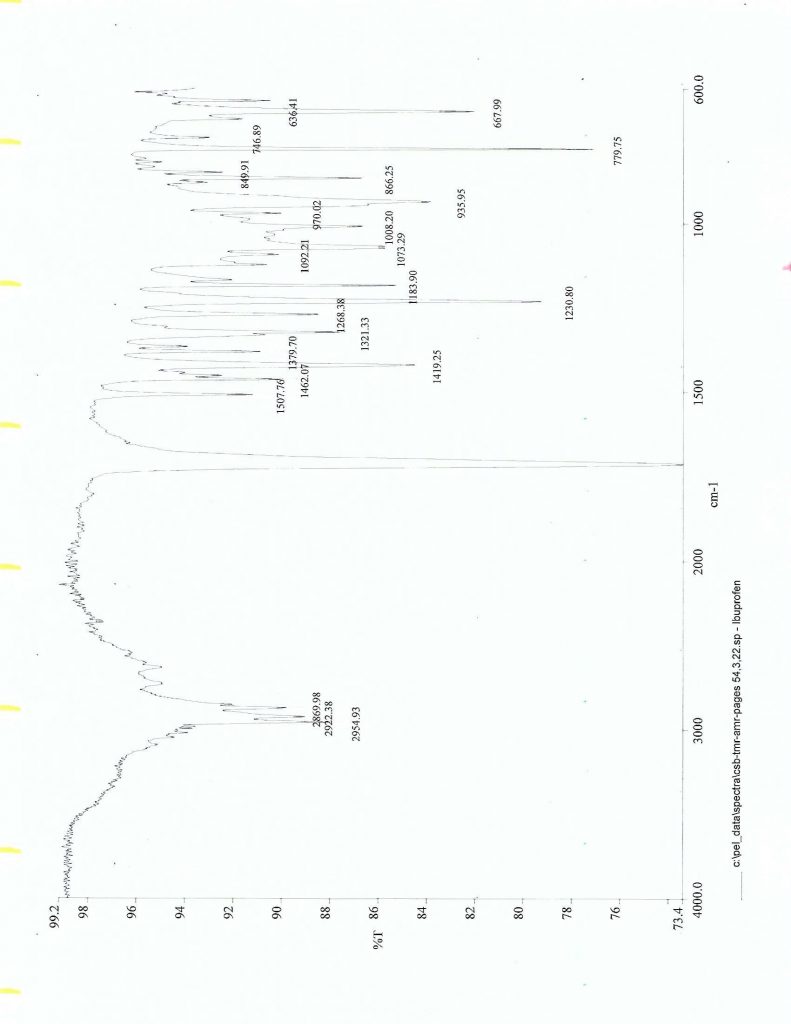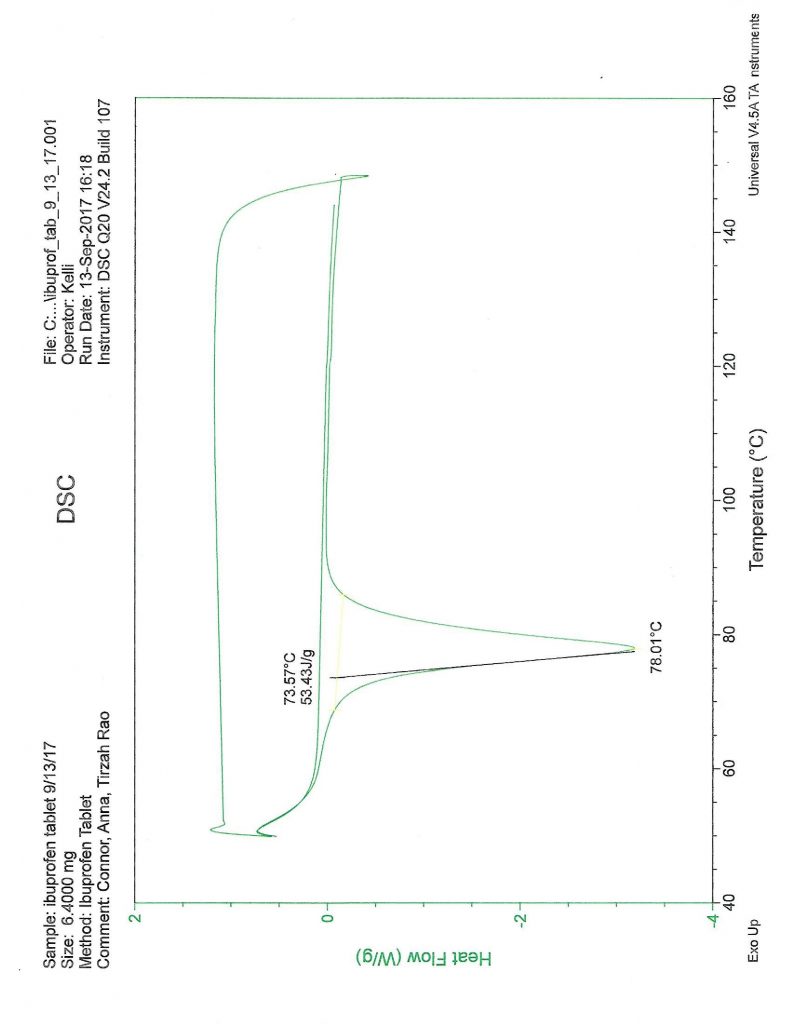Ahad, myself, and Nicco constructed a minifesto from our respective ones we created before class. The result was the following: “Coding is a valuable skill utilizing a blank canvas, creating something tangible from the nearly intangible.” I believe this serves as a great jumping off point for my manifesto. The phrase “valuable skill” suggests that learning coding is practical and has importance, adding a certain amount of imperative to mastering it. The phrase “blank canvas” suggests a certain freedom to craft what you desire. Finally, I believe the last section, “creating something tangible from the nearly intangible” can serve as a goal for the coding section of the class. Essentially I hope to use the language of coding (the nearly intangible) to create a product that can successfully accomplish some task. A “reach goal” would perhaps be to make my way to the Text III and/or the Statistics and Visualization chapters. I have some basic knowledge, having had some exposure to html and having taken an intro to computer science lass over the summer (which utilized Java Applets), but have never worked with Python before. I would love to be able to have a high enough proficiency with Python by the end of this semester to be able to put it as a skill on my resume. But on a more philosophical note, I would love to be able to have a deeper understanding of computer programming and further my knowledge of the digital.
Author: Anna Rinko
Entering Programming
This week we had the opportunity to examine the more philosophical considerations regarding programming. We discussed how coding (and hacking in particular) are portrayed in the media. Most of these portrayals utilize unrealistic speed and idolize the coder as a misunderstood loner/hero. We also analyzed different online programming tools, including their goals and rhetoric. The rhetoric of ease seemed to be a fairly common pitfall across these platforms, indicating that programming is “easy” and “anyone” can learn it. Finally we considered the implications of programming, and whether we have an imperative to learn it with the rising use of technology. The article we discussed in class was pretty thought-provoking, even if the tone was somewhat dire for my taste. I personally believe it is advantageous to have an understanding of technology since it such an integral part of our lives, and in many ways aligns with a well-rounded liberal arts curriculum. Whether or not it’s a necessity, the lack of which will cause you to be “programmed”… I’m not sure I buy into that yet.
Wrapping Up The Peripheral
On Wednesday I discussed Chapter 107. This was a more humorous chapter involving Flynne talking with Netherton while he was operating the Wheelie Boy. Her startling him was rather humorous, but the chapter also contained a more vulnerable moment for Netherton, who confessed that he does not like his timeline. The chapter referenced rising sea levels, so I showed my table the following site, which outlines how coastlines could change. I felt that this chapter contained some subtext between Flynne and Netherton, so I showed my table the following clip. It’s a funny and engaging video, while also showing characters that come from different worlds (potentially comparable to how Flynne and Netherton occupy different timelines).
On Friday I discussed chapter 120. I personally felt that this chapter was somewhat anticlimactic. We’ve been building to this confrontation for about half the book, yet the action was resolved very quickly. Flynne and Burton kill the villains, Lowbeer steps in to ensure that they’re safe in the stub, and the plot is essentially resolved. The usage of a form of disintegration was rather interesting, and has been used to kill off villains in other pieces of media. As such I showed my group a scene from Harry Potter and a scene from Anastasia, both of which feature similar death scenes.
Overall I enjoyed the book and the teaching process. While I felt that the book resolved the plot too quickly, the actual buildup, especially in the middle section, was quite interesting. Gibson does an excellent job world-building in the sci-fi realm. Leading discussions helped ensure that I stayed up to date on my readings, and helped me to think more critically about the book, especially through making connections to other forms of media.
Leading the Peripheral For the First Time: Ch. 79-The Jackpot
This week’s discussions were pretty interesting. Multiple times the series Black Mirror was referenced, connecting two different pieces of sci-fi. Bringing in similar depictions allows us to see how the themes of The Peripheral are universal and have often been explored in other mediums. Some of our fears and hopes regarding the future can be seen across various story-lines. At the same time, these connections also allow us to better visualize the futuristic technology.
I used this idea during my personal discussion leading. I brought in a short clip from Modern Family that illustrated how I imagined the “Wheelie Boy” would look:
The piece is amusing and hopefully engaged my tablemates while also helping them to have a slightly better understanding of Netherton’s situation as he discusses The Jackpot with Flynne. I also summarized the various components of the Jackpot in addition to its resolution and response. From there our discussion went off on a couple of tangents regarding our impressions of future technology, including Ash’s moving tattoos. Being the discussion leader is an interesting position in that you have to help direct the discussion without squashing the ideas and deviations that are a natural part of learning and conversation. At times it can be challenging, but I also reminded myself that having a dynamic discussion is preferable to silence and a lack of contribution. Ultimately I viewed the lively conversation as a mark of success, indicating engagement and participation. I hope that I was able to successfully strike this balance of guidance coupled with restraint, and hopefully I will continue to improve my leadership skills during future discussions.
Continuing The Peripheral
We’ve been able to delve deeper into Gibson’s book, and everything is really coming together. Once Flynne began interacting with the future, we got full explanations for concepts that had previously only been mentioned or described with little to no context. This is making the book much easier to read. And now we finally know what the title of the book refers to.
The in-class discussions have also been interesting. We’ve been able to connect the novel to a range of topics. In my first group, the book led to a discussion of self-driving cars and philosophical discussions regarding The Trolley Problem. In my second group, we examined similar themes in movies/television. The idea of uploading/transferring consciousness and the usage of robots has been explored across sci-fi, including works such as Avatar, Westworld, Black Mirror, and Inception. These have often been used to theorize a way to achieve immortality, or as a more cautionary tale. I think Gibson explores these themes in a very fascinating but practical/realistic way, at least making his scientific explanations plausible while working on his world-building (which I believe is his main focus). I look forward to continuing The Peripheral and participating in more discussions.
Entering The Peripheral
It’s been interesting to delve into another William Gibson novel after having been exposed to his previous work, Neuromancer . Neuromancer was a somewhat difficult but fascinating read in that it was a sci-fi novel written in the past predicting a technological future, which while often predicative of actual technological advancements, occasionally greatly diverged from present technology and conventional sci-fi. I initially anticipated that The Peripheral may be an easier read as it’s a more recent novel that can be grounded in the realities of current technologies while again predicting the future. But this was not the case. Gibson predicts so far into the future that the technology involves ideas and concepts I had never considered. This makes his plots a bit difficult to grasp because you are essentially dumped into a new world with no context. But after wading through the initial chapters, struggling to pick up and recognize the strands of plot, everything began to come together around chapter 20. This has greatly increased my motivation to read the book, as I’m now invested in the characters and I understand what’s going on, and it has some incredible plot twists. The idea that you could play a “game” that is actually the future, witness a real murder, and now be in danger is such a cool idea. I’m looking forward to continuing Gibson’s novel, and further exploring his vision of the future now that I have a better idea of what’s happening.
Weekly Summary/Final Project
This week’s work on the final project included creating two aged images, two pieces of audio service announcements, and one gif, in addition to numerous tweets that help make the overall story more cohesive. In addition to my work on the final project, I completed my advice post for future students. I focused my advice on promoting strategies that I feel make the workload more fun and engaging.
The full twitter account for the final project can be viewed here. Essentially I’ve created a page that impersonates Julius Caesar (as a character in Xena: Warrior Princess) that provides his perspective on Season 4 events. I found inspiration from the companion twitter accounts created for the web series Carmilla and the companion tumblr account created for the show Wynonna Earp. Essentially, fans of the show would be able to visit the account and view what can be considered another layer of storytelling. On this account, “Caesar” has tweeted a total of 22 times, which has included 4 pieces of image editing, 1 piece of video-editing, 3 pieces of audio editing, and 1 gif. His account itself can be considered a web assignment, and the whole project can be considered a form of fanfiction. I must say, some of his tweeting style may have been inspired by recent political figures… An example:
Xena attempted to assassinate me today and failed epically. This is getting ridiculous. #Pathetic #FindHer
— Julius Caesar (@Imperial_Rome) December 8, 2016
Enjoy, and thanks for a great semester!
DS106 Advice
This class does require a lot of work and time commitment, but the flexibility afforded by the multitude of assignments means that this course can be fine-tuned to your interests. As long as you incorporate ideas or characters or shows that you find fun and entertaining, you’ll find the motivation to complete the assignments. I think this is especially important for the final project, which requires unifying many assignments to tell one story. If the story you’re telling is compelling for you, you’ll be motivated to work on the project consistently (which is the ideal way to work). This makes the process minimally painful, and can actually make the work incredibly fun.
Progress Report 2
I have decided to stick with my original plan of tying together a story from Caesar’s perspective in Xena: Warrior Princess. To accomplish this, I’ve created a fake twitter account for Julius Caesar where he regularly posts his own opinions (think ancient Donald Trump…) and links to more formal updates (such as public service announcements, etc.). So far I’ve been having a great deal of fun with this project. I love my topic and have found many of my little creations to be personally hilarious. The full progress can be viewed on the twitter page itself, but here is an example tweet that is one of my personal favorites.
If Pompey wants a civil war, he’s got another thing coming. Rome wants the best, and I am the best. #Pompeystinks pic.twitter.com/SFqZPT8OlL
— Julius Caesar (@Imperial_Rome) November 21, 2016

